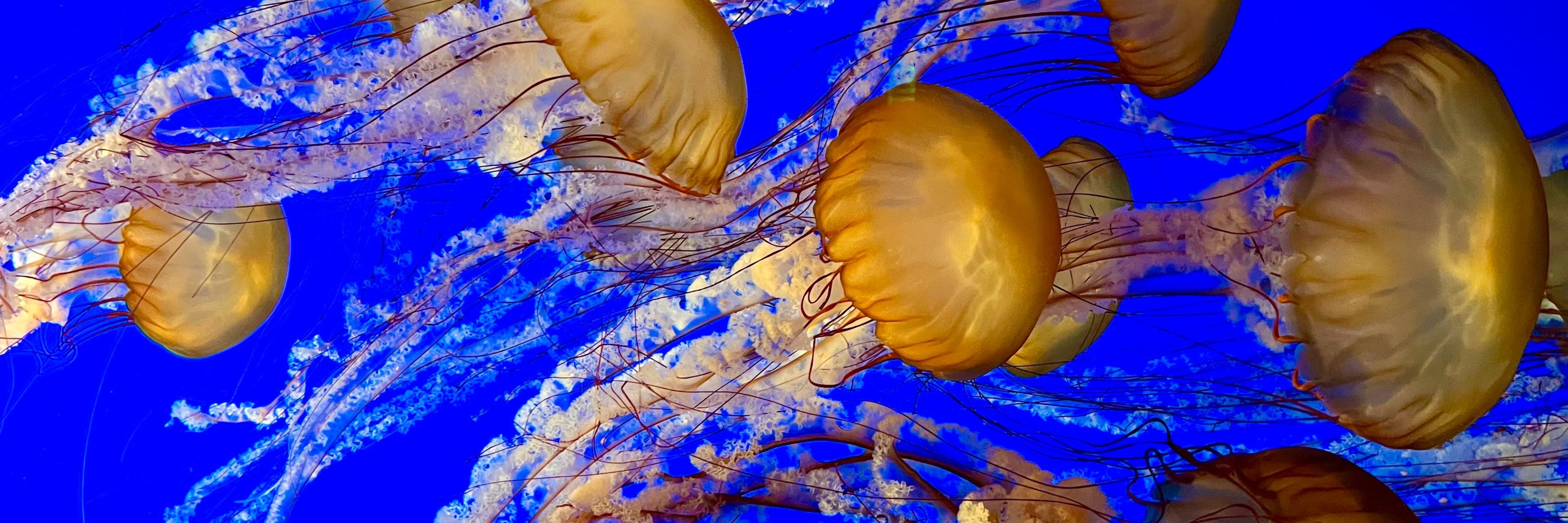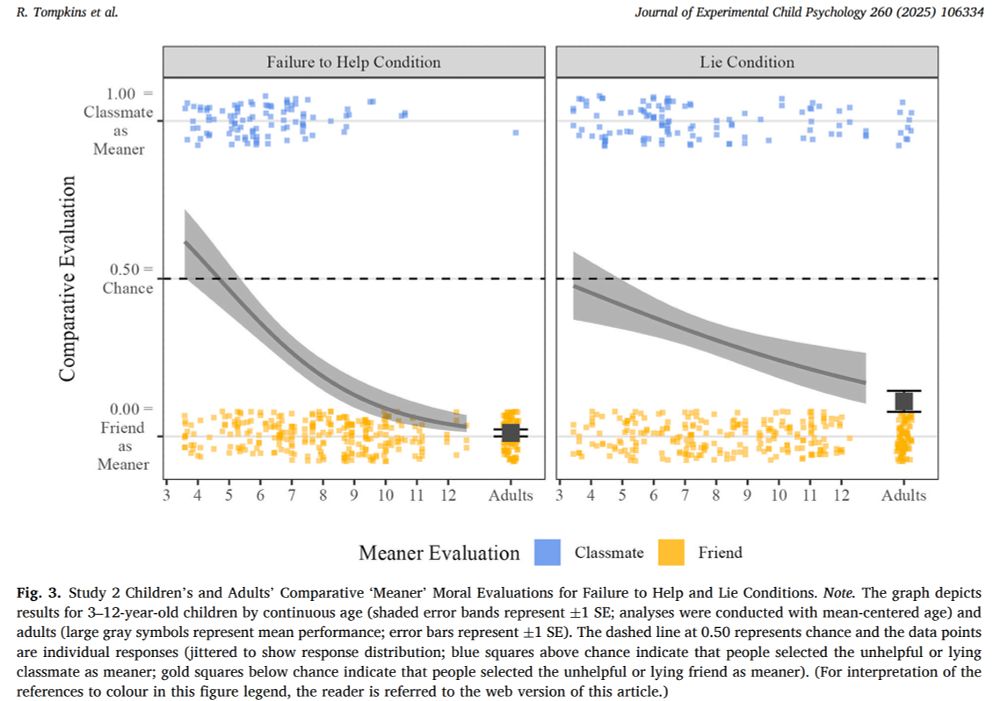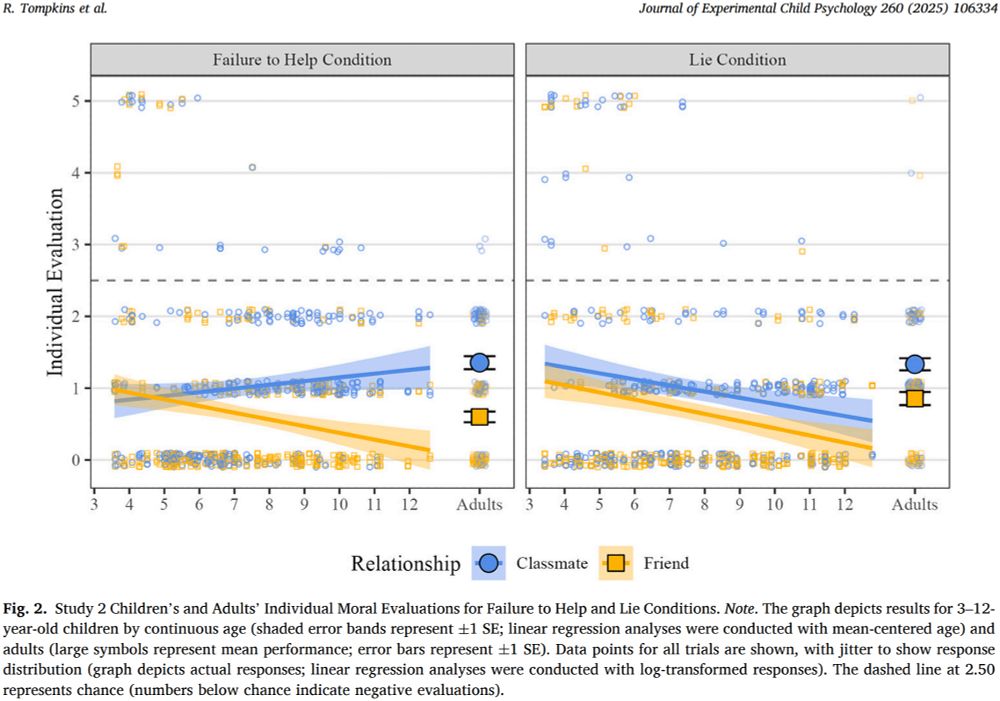
Rodney Tompkins
@rtompkins.bsky.social
Psychology PhD student at UC San Diego, interested in what younger and older humans think about care and protection. Also a meerkat enthusiast.
https://sites.google.com/view/rtompkins/
https://sites.google.com/view/rtompkins/
This paper stems from one of the first projects I worked on as a lab manager, closely following many fruitful discussions during my time as a post-bacc RA! I'm incredibly grateful for my lab communities as well as the many reviewers along the way. Looking forward to hearing what folks think!
June 22, 2025 at 4:54 PM
This paper stems from one of the first projects I worked on as a lab manager, closely following many fruitful discussions during my time as a post-bacc RA! I'm incredibly grateful for my lab communities as well as the many reviewers along the way. Looking forward to hearing what folks think!
With age, people likewise judged the lying friend (vs. classmate) as meaner. This pattern was similar to that for failure to help scenarios (replicating original findings from Marshall, Wynn, and Bloom, 2020, Child Dev).

June 22, 2025 at 4:54 PM
With age, people likewise judged the lying friend (vs. classmate) as meaner. This pattern was similar to that for failure to help scenarios (replicating original findings from Marshall, Wynn, and Bloom, 2020, Child Dev).
In comparative contexts directly contrasting the relationships (ridding of alternatives like private interaction and/or extending an olive branch), with age people evaluated it as worse for a friend to lie. Thanks to a helpful reviewer, we also show that this divergence may emerge as early as age 4.

June 22, 2025 at 4:54 PM
In comparative contexts directly contrasting the relationships (ridding of alternatives like private interaction and/or extending an olive branch), with age people evaluated it as worse for a friend to lie. Thanks to a helpful reviewer, we also show that this divergence may emerge as early as age 4.
Here we show that these early evaluations are not only sensitive to acts of omission (harming by failing to do the right thing, like failing to help), but extend to and follow similar developmental trajectories as acts of commission (harming by doing the wrong thing, like lying).
June 22, 2025 at 4:54 PM
Here we show that these early evaluations are not only sensitive to acts of omission (harming by failing to do the right thing, like failing to help), but extend to and follow similar developmental trajectories as acts of commission (harming by doing the wrong thing, like lying).
Past work shows that older children and adults (but not younger children) expect and judge friends as obligated to help, and evaluate a friend (vs. classmate) as meaner for failing to do so.
June 22, 2025 at 4:54 PM
Past work shows that older children and adults (but not younger children) expect and judge friends as obligated to help, and evaluate a friend (vs. classmate) as meaner for failing to do so.

